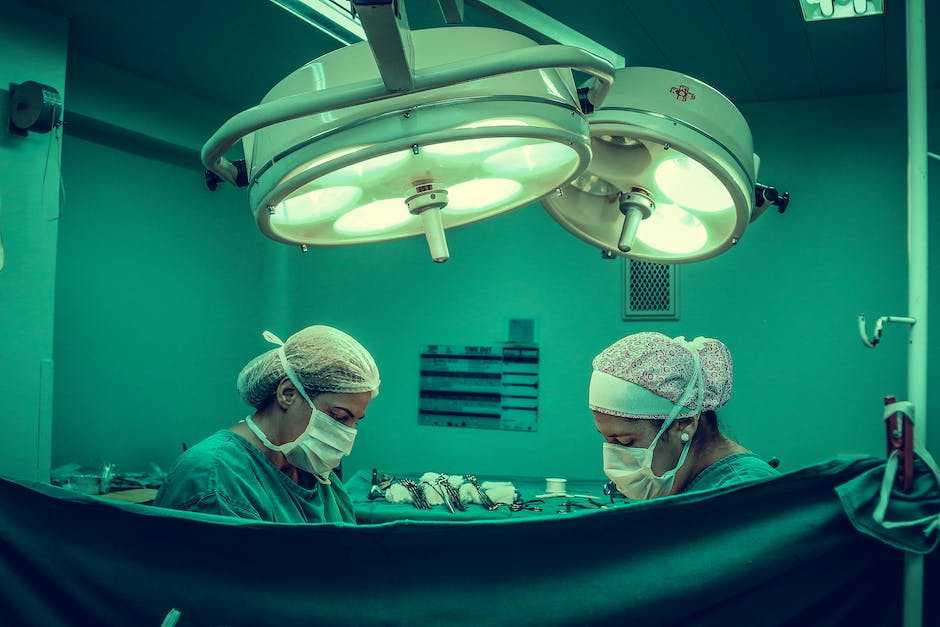Contents
Thyroid Surgery
Thyroid surgery is an operation to remove all or part of a person’s thyroid gland. For some people, thyroid surgery can be the only option to treat certain health conditions. Common reasons why a person might need thyroid surgery include thyroid nodules, thyroid cancer, goiter (enlarged thyroid gland), or to reduce oversecretion of hormones by the thyroid gland.
Preparing for Thyroid Surgery
If you need thyroid surgery, your doctor will typically refer you to an endocrinologist for pre-surgery assessment and preparation. Before surgery, your endocrinologist may suggest thyroid function tests, blood tests, imaging tests (CT scan, ultrasound, etc.), and/or an electrocardiogram (ECG/EKG). After these tests are complete and approved, the doctor will schedule your surgery.
Types of Thyroid Surgery
There are two main types of thyroid surgery:
- Total thyroidectomy – The entire thyroid gland and its surrounding tissue are removed.
- Partial thyroidectomy (lobectomy) – A portion of the thyroid gland and its surrounding tissue are removed.
Recovery After Thyroid Surgery
After thyroid surgery, it is likely that you will need to take a synthetic form of the hormone thyroxine (levothyroxine) to replace what the thyroid gland would typically produce on its own. Your doctor or endocrinologist will adjust your dose every few months until the hormone levels in your blood are back to normal.
Thyroid Surgery Cost & Risks
The cost of thyroid surgery depends on the type of surgery, insurance coverage, and other factors. The risks associated with thyroid surgery include:
- Bleeding and infection
- Damage to nearby nerves (hoarseness or difficulty swallowing)
- Hypocalcemia (low calcium levels)
- Hypothyroidism (underactive thyroid)
- Scarring from the incision
- Goiters (enlarged thyroid gland) or cysts
Thyroid Surgery Questions
If you are considering thyroid surgery, speak to your doctor or endocrinologist to learn more about the procedure, the risks and potential complications, and expected outcomes. Questions to ask include:
- Is a partial or total thyroidectomy necessary?
- How long will I need to stay in the hospital?
- How long will it take to recover?
- Will I need to take any medications?
- What lifestyle changes should I make after surgery?
Though thyroid surgery can be a very effective treatment for certain health conditions, the decision of whether or not to proceed should be made after consulting with your doctor and considering all the potential risks and benefits.
Keywords: thyroid surgery, total thyroidectomy, partial thyroidectomy, thyroid function tests, pre-surgery assessment, CT scan, ultrasound, ECG/EKG, levothyroxine, hypothyroidism, goiters, hypocalcemia, cysts.
